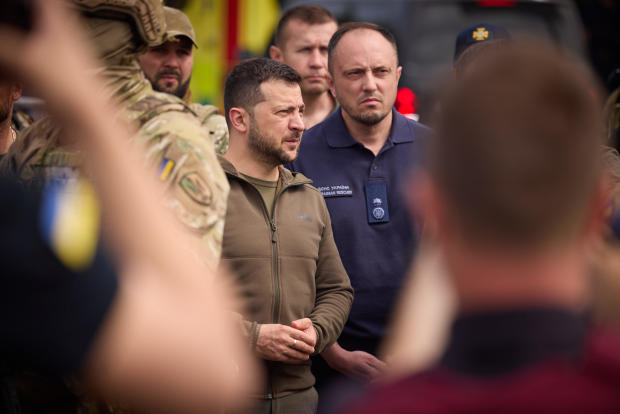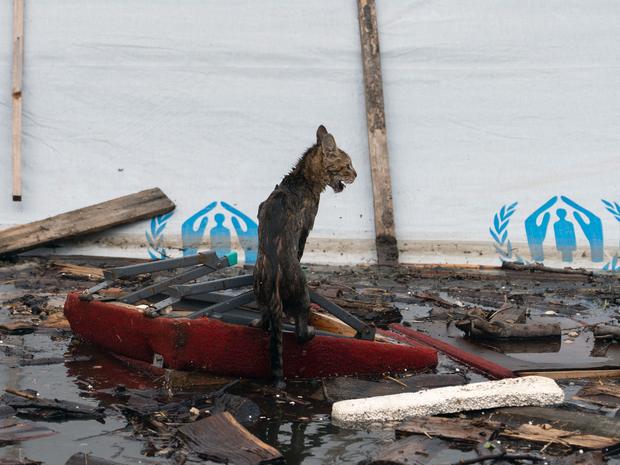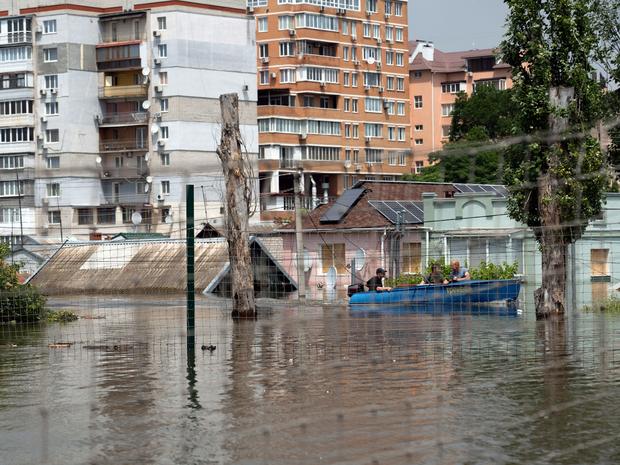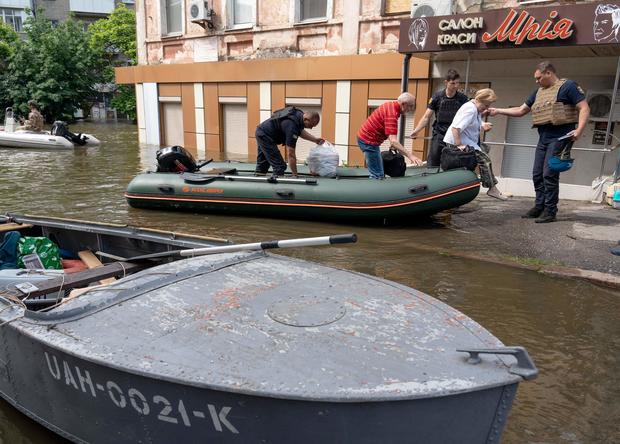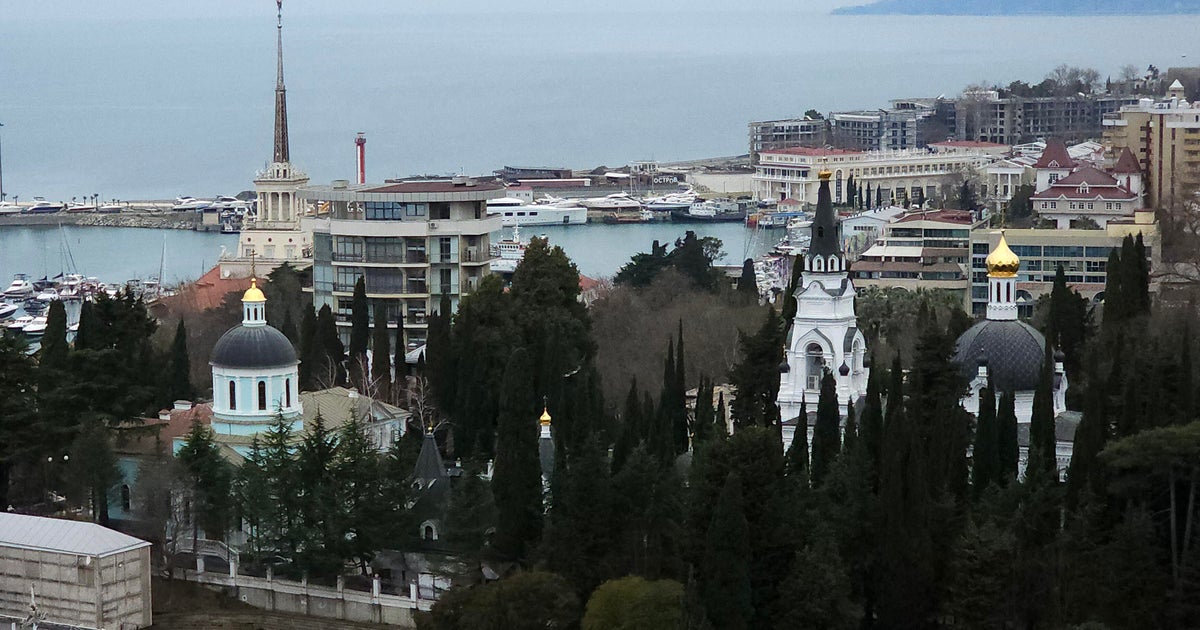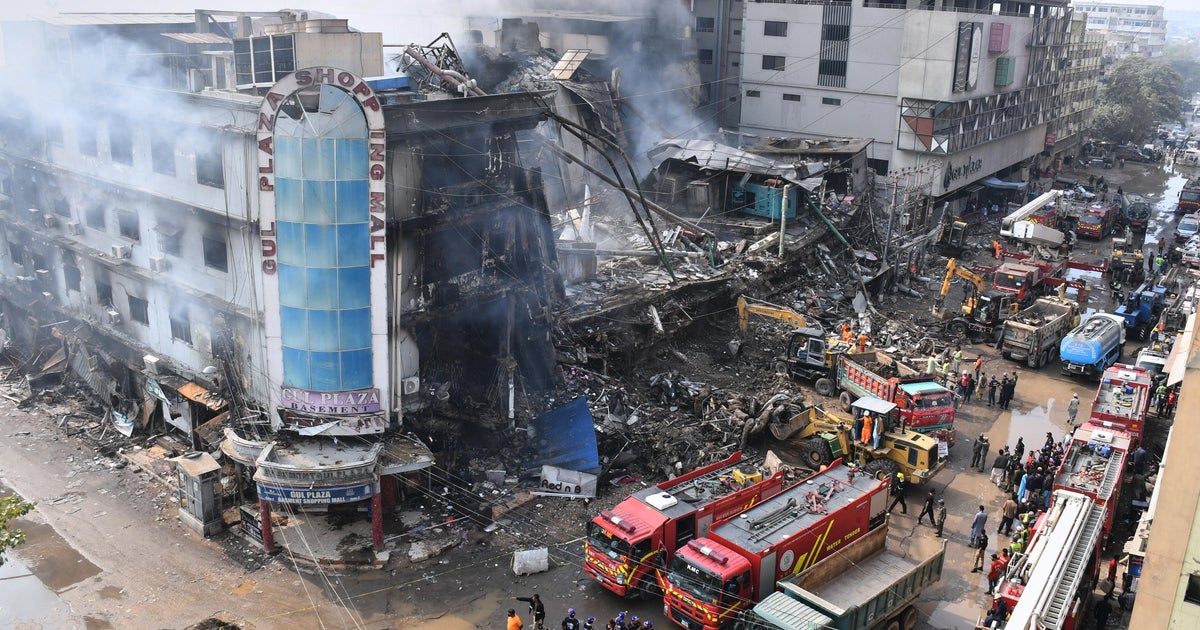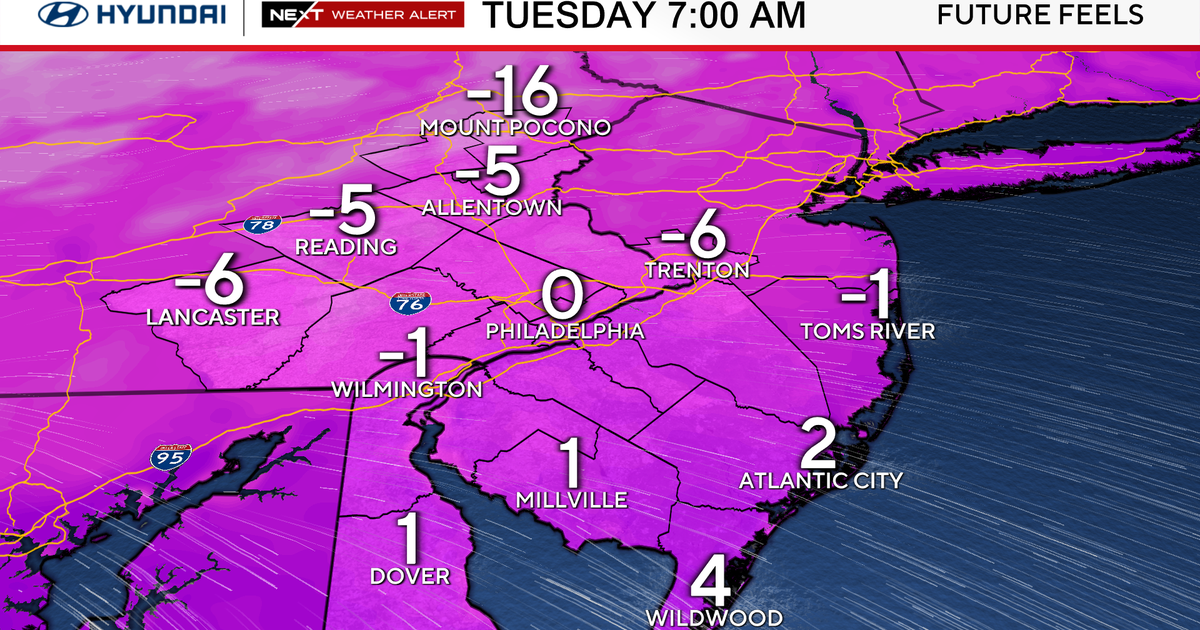Ukraine calls for international rescue of civilians as dam attack in Russia-occupied Kherson floods region
The true scale of the flooding disaster in southern Ukraine remained unclear Thursday, three days after the country's president accused Russian forces in the region of blowing up a major dam in an act of terror. One Russian-backed official in the region said Thursday that five people had died as water continued to gush through the massive missing portion of the Nova Kakhovka Dam, less than 50 miles upriver from the major city of Kherson.
The death toll from devastating floods in Russian-occupied areas of southern Ukraine has risen to 29, a regional official said on June 17.
Russia accused Ukrainian forces of attacking the dam early Tuesday morning, but Ukrainian officials have vehemently rejected that, saying the huge structure was destroyed "from inside" by Russia's occupying forces who controlled the dam, as Ukraine slowly claws back territory more than 15 months after Vladimir Putin's full-scale invasion.
Ukrainian President Volodymyr Zelenskyy visited the Kherson region Thursday and inspected damage from the flooding that continued ravaging the area after the gaping hole was torn in the dam. The crucial piece of Ukrainian infrastructure was part of a now-destroyed hydroelectric power plant, but it also held back a massive reservoir used to provide fresh water to hundreds of thousands of people and vital cooling water to Europe's largest nuclear power plant.
Ukrainian officials and the International Atomic Energy Agency have said the Russian-occupied Zaporizhzhia Nuclear Power Plant is stable for now, with sufficient supplies of water on reserve at the sprawling facility to prevent a catastrophe for several months — provided the backup cooling pond at the plant remains intact.
But for thousands of Ukrainian civilians who live in and around the Dnipro river, downstream of the destroyed dam, it was misery upon misery as they were left to wade through a deluge, clutching whatever possessions they could salvage from their homes and, in some cases, using whatever they could find to stay afloat.
Stranded animals gathered on what little high ground they could find. Fresh drinking water was flown in by drones to some desperate residents, who reached up through top-floor windows to grasp the relief.
Soldiers and volunteers have worked tirelessly since Tuesday to evacuate those trapped by the rising waters, hauling them through windows or out of the murky depths and carrying the frail and elderly to safety.
Even as they escape the floodwater, however, danger is always close. A Russian shell landed nearby as a woman was pulled from the water on Wednesday — a reminder that while it is now a disaster area, it's still a warzone, too.
Despite Russia's forced retreat from the city of Kherson last year, they still hold a lot of the wider Kherson region, and they haven't stopped dropping bombs on the city.
Residents' anger has boiled over.
"Putin must burn in hell," cursed one woman to a news camera in Kherson. "They couldn't finish us off, now they're trying to drown us."
With concern mounting for Ukrainian civilians trapped by the flooding in nearby areas still occupied by Russian forces, Zelenskyy called Thursday for an urgent international rescue effort.
Meanwhile, despite the catastrophe around Kherson, the fighting still raged elsewhere in Ukraine, with incremental gains being claimed by Kyiv on the long eastern front.
Video released by the government showed troops advancing on Russian positions around the ruined city of Bakhmut, currently held by Kremlin forces and the scene of some of the bloodiest fighting of this conflict.
